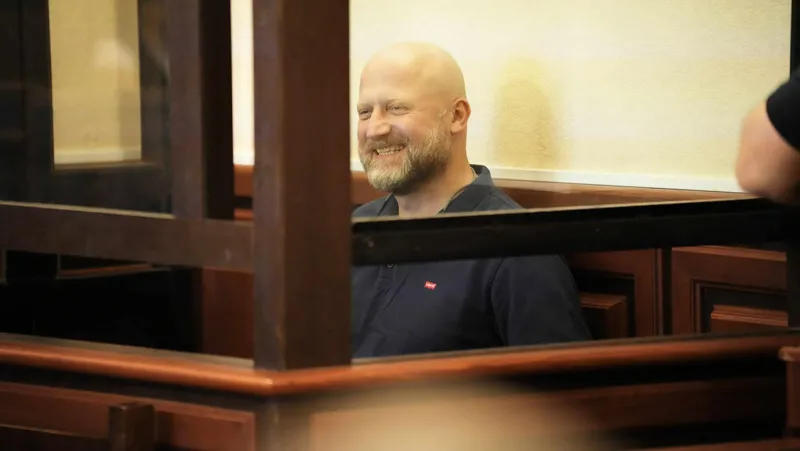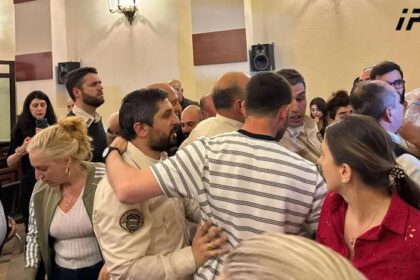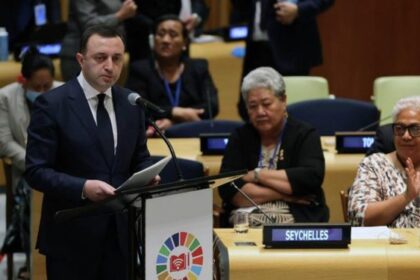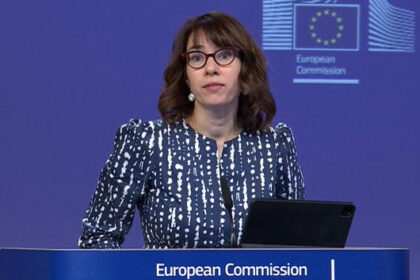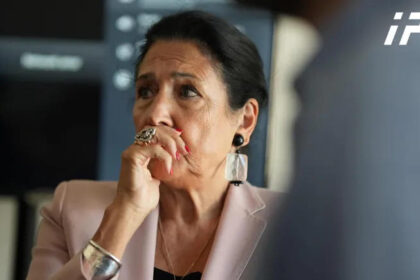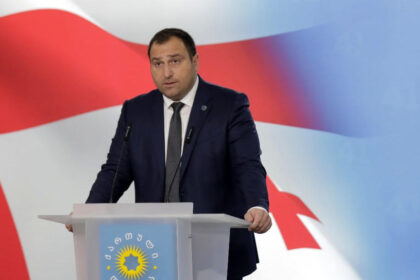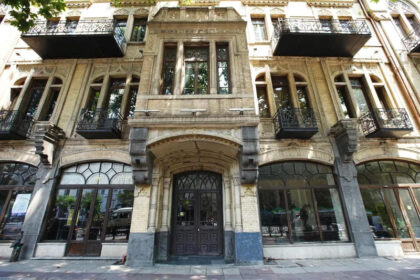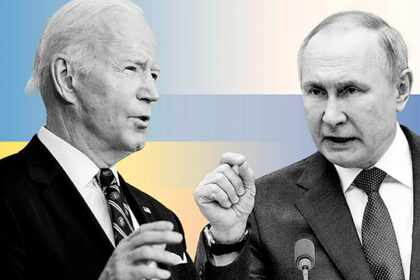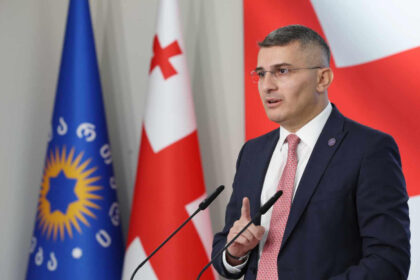**Opposition Leader Refuses to Attend Court Judgement**
Tomorrow, June 23rd, the Tbilisi City Court will deliver its verdict on three opposition politicians: Zurab Girchi Japaridze, Mamuka Khazaradze, and Badri Japaridze. However, one of these leaders, Zurab Girchi Japaridze, has announced that he will not attend the pronouncement of judgement.
According to a statement from his party, Girchi for More Freedom, Zurab Japaridze believes that neither he nor his supporters should waste their time on what he calls the “circus” of a court. The verdict in his case will be read out by Judge Jvebe Nachkebia in an empty hall.
This decision reflects the growing distrust among Georgian opposition leaders towards the country’s justice system. By boycotting the court hearing, Zurab Japaridze and others are protesting against what they see as a biased and politicized process.
**Background: A Crackdown on Opposition?**
In April, nine opposition politicians were summoned to appear before the temporary investigative commission of the Parliament of Georgia. Eight of them refused to comply with this request, while former Interior Minister Giorgi Gakharia cooperated fully. As a result, eight of these politicians, including Zurab Japaridze and Mamuka Khazaradze, were charged under Article 349 of the Criminal Code for failing to appear before the commission.
This article carries penalties such as fines, imprisonment, or deprivation of certain rights for up to three years. In Japaridze’s case, he was granted a bail of 20,000 GEL but failed to pay it within the required timeframe, leading to his arrest in the Parliament session hall on June 22nd.
**Consequences and Analysis**
The decision by opposition leaders like Zurab Girchi Japaridze not to attend their court hearings is seen as a symbolic act of defiance against what they perceive as a flawed justice system. By boycotting these proceedings, they aim to draw attention to what they consider an unfair treatment of opposition politicians.
This development may have implications for the country’s fragile democratic landscape. The increasing tensions between the ruling party and opposition leaders could further polarize Georgian politics, potentially hindering any genuine efforts at reform or reconciliation.
As tomorrow’s verdict approaches, it remains unclear how this situation will unfold. One thing is certain: the court’s decision will be closely watched by both locals and international observers. Will the justice system deliver a fair verdict, or will tensions between the government and opposition continue to escalate?




